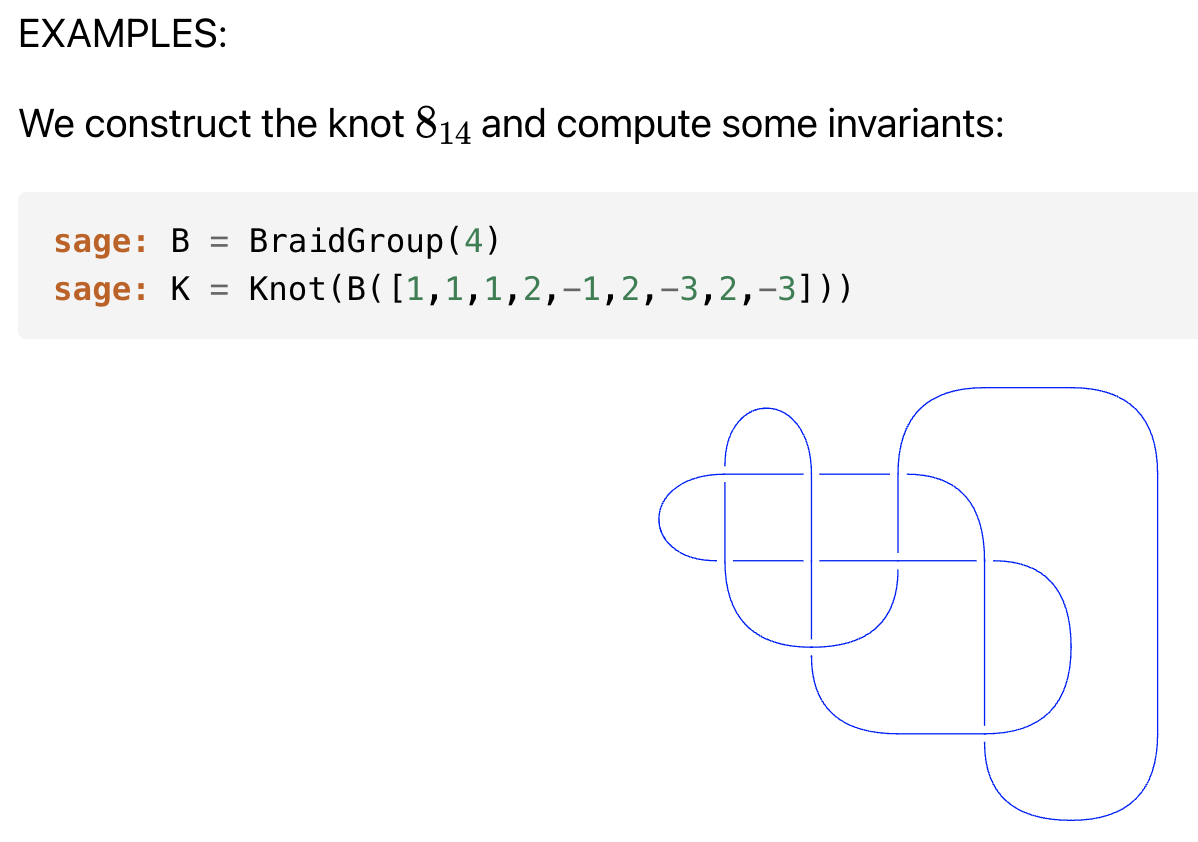As a student attending a grammar school in the UK ,I have been fortunate to have access to various opportunities to showcase my mathematical abilities. These include participating in maths challenges and engaging in lunchtime clubs dedicated to mathematics, which provide around 35 minutes of additional support. I recognize that these opportunities for mathematical exploration and development may be more limited for students attending state schools in the UK. Lack of support from the school or peer pressure can hinder their mathematical growth, as some students may face stigma or negative stereotypes associated with being interested in mathematics.
However, when comparing the mathematical opportunities available in the UK to those in the United States, it becomes evident that the UK lags behind. The US offers a plethora of mathematical opportunities, particularly through competitions , such as MathsCounts, AMC, and various math leagues. In contrast, the UK seems to have only one prominent maths competition known as the UKMT. Additionally, the US provides further support through courses offered by the Art of Problem Solving (AOPS), which are renowned for their mathematical depth and rigor. It is disheartening to witness this disparity in opportunities.
In my pursuit of mathematical excellence, I have acquired two books from the UKMT. However, I have found them to be somewhat lacking in clear explanations or in-depth exploration of certain topics. Consequently, I am seeking recommendations to address two specific needs:
Preparation for maths olympiads: I am in search of books that provide comprehensive guidance and practice problems specifically tailored to excel in maths olympiads, allowing me to further enhance my mathematical skills and problem-solving abilities.
Interesting maths topics: I am eager to explore captivating areas of mathematics such as topology or the beauty of primes. I seek resources, books, or materials that delve into these topics in a sophisticated and intellectually stimulating manner, helping me appreciate the elegance and depth of these mathematical concepts.
Any courses in preparation for the UKMT challenges
I would greatly appreciate any recommendations or guidance from individuals who can help me find suitable resources to fulfill these needs. Thank you for your assistance in this matter.
